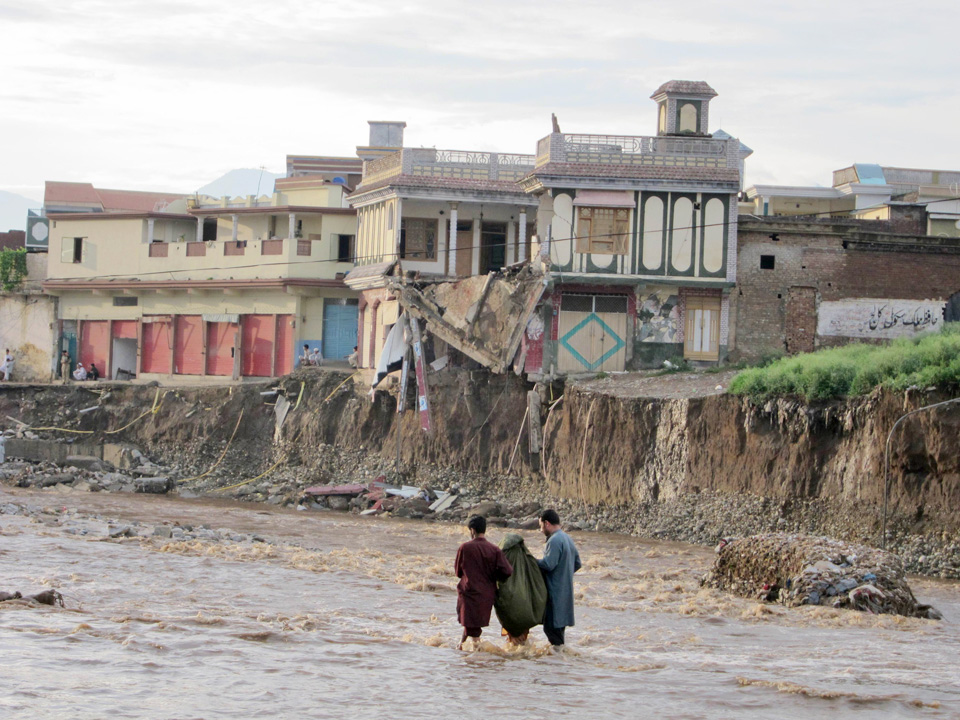

More specifically, the study attempts to assess the role of government communication in shaping the international agenda regarding the crash vis-à-vis the role of Polish and Russian media outlets which also served as information sources for international media. The study explores Polish and Russian governments’ communication efforts to shape international news coverage of the 2010 airplane crash near Smolensk, Russia, which killed the Polish President Lech Kaczynski and most of his Cabinet.

I then analyze the political consequences of the catastrophe through the concept of “post- postcommunism” and show how the catastrophe’s complicated symbolic representa- tion has shaped Polish political discourse. Ideology is understood as a complicated language phenomenon that per- meates all spheres of everyday life as well as generates political programs. I analyze this narrative through post-Marxist political theory, particularly Laclau and Mouffe and the concept of ideology developed by Bakhtin/ Voloshinov. The conservative camp insists on inscribing the crash into Polish history and claims that it reveals a division into two Polands: one of true patriots and another of collaborators. I consider this rhetoric in the context of a clash of ideologies: that of modernization and of national- religious values. The article describes and interprets various ways of speaking about the catastrophe.

The catastrophe of the presidential plane crash in april 2010 was of course a far- reaching event in Polish politics, with consequences still very present.


 0 kommentar(er)
0 kommentar(er)
